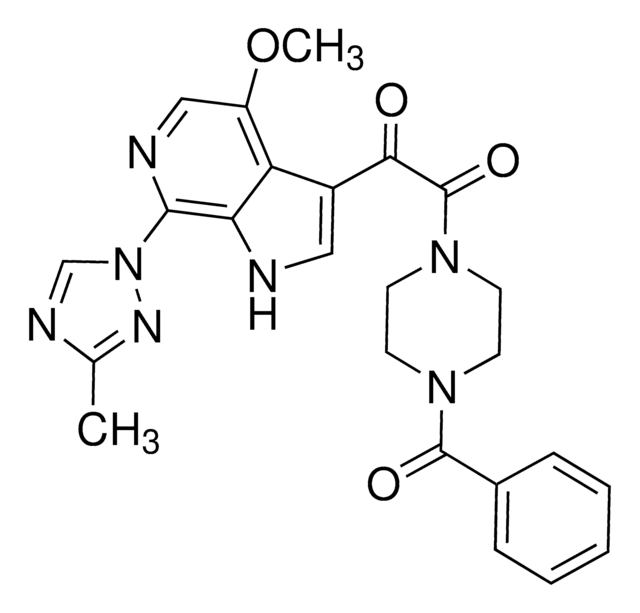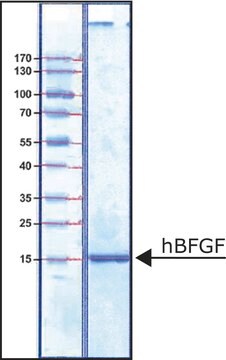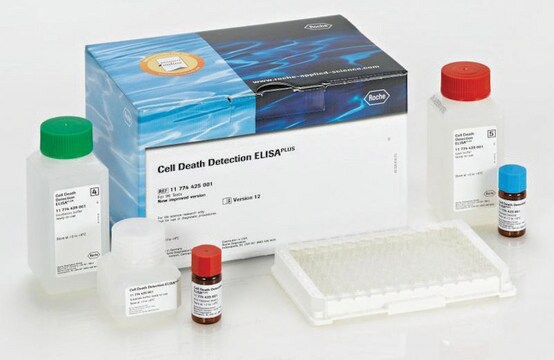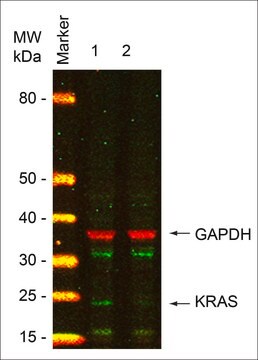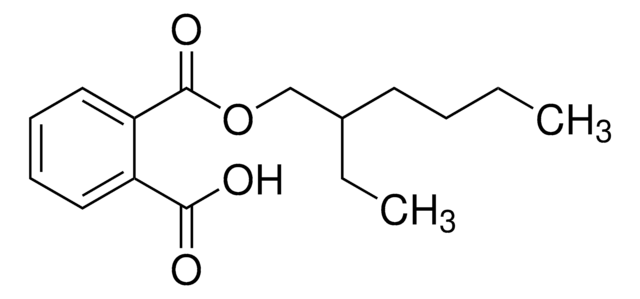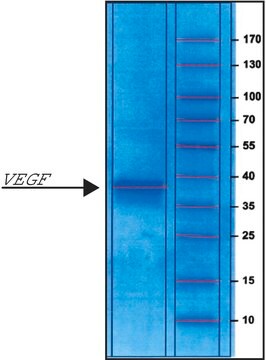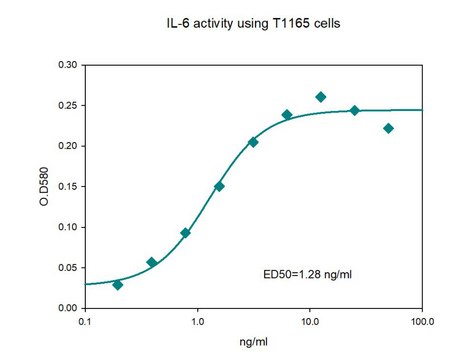SRP3044
Flt-3 Ligand human
Animal-component free, recombinant, expressed in E. coli, ≥98% (SDS-PAGE), ≥98% (HPLC), suitable for cell culture
Sinónimos:
Fms-related tyrosine kinase 3 ligand
About This Item
Productos recomendados
origen biológico
human
recombinante
expressed in E. coli
Ensayo
≥98% (HPLC)
≥98% (SDS-PAGE)
Formulario
lyophilized
potencia
≤10 ng/mL ED50 ((OCI-AML5 cell proliferation))
mol peso
17.6 kDa
envase
pkg of 10 μg
técnicas
cell culture | mammalian: suitable
impurezas
<0.1 EU/μg endotoxin, tested
color
white to off-white
Nº de acceso UniProt
Condiciones de envío
wet ice
temp. de almacenamiento
−20°C
Información sobre el gen
human ... FLT3LG(2323)
Descripción general
Acciones bioquímicas o fisiológicas
Secuencia
Forma física
Reconstitución
Código de clase de almacenamiento
11 - Combustible Solids
Clase de riesgo para el agua (WGK)
WGK 3
Punto de inflamabilidad (°F)
Not applicable
Punto de inflamabilidad (°C)
Not applicable
Elija entre una de las versiones más recientes:
Certificados de análisis (COA)
¿No ve la versión correcta?
Si necesita una versión concreta, puede buscar un certificado específico por el número de lote.
¿Ya tiene este producto?
Encuentre la documentación para los productos que ha comprado recientemente en la Biblioteca de documentos.
Los clientes también vieron
Nuestro equipo de científicos tiene experiencia en todas las áreas de investigación: Ciencias de la vida, Ciencia de los materiales, Síntesis química, Cromatografía, Analítica y muchas otras.
Póngase en contacto con el Servicio técnico

